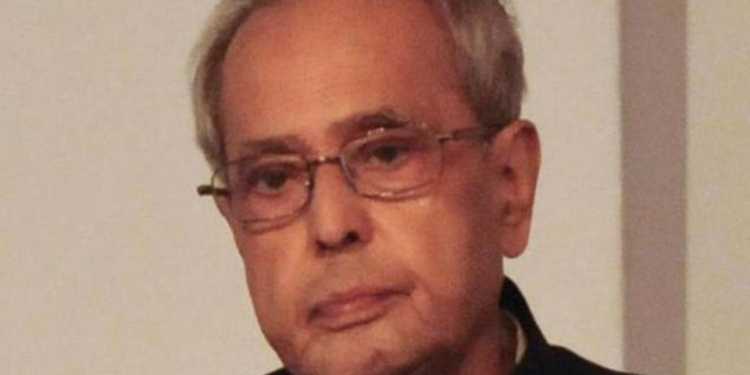On 12th February 1992, an armed group of more than 500 Maoists (dominated by the lower caste and Dalits) brought 35 upper caste men from Bara village of Gaya district to a nearby canal, tied their hands and slit their throats. Those who tried to escape were gunned down. The postmortem of all the victims stated that 4 were shot and rest were butchered. This merciless slaughter aggravated the caste wars in Bihar which resulted in several deaths in subsequent years.
The public suspicion of Yadavs engineering the massacre to tame down Bhumihars was reason enough for then chief minister of the state Lalu Yadav to go soft on the perpetrators. Out of the mob of over 500 MCC cadres, 36 were accused of committing the massacre. Later, the trial could be held against only 13 as Bihar Police failed to arrest the rest who remained absconding.
The trial was started by the special TADA court and after nine years of legal battles, 4 of the convicts were awarded death sentences by the court. The Supreme Court upheld the lower court’s decision in April 2002.
What made the case more pathetic was the extraordinary delay in reaching the stage of mercy petition by the culprits to the president. It took more than 12 years for the mercy petition to reach the president. According to the IG of prison and correctional services, the Bihar govt had forwarded the mercy petition to the President of India through home ministry in July 2004.
However, the government denied the receipt of any such email. It was only after the active involvement of NHRC that the missing link of the case could be established. Taking consideration of the above situation, the president commuted the death sentences of all four convicts to life imprisonment though the state and home ministry had advised against it.
If it can be assumed that there was no political motive to delay the mercy petition, Bara case sets a classic example of the fact that the crime and judicial delivery system of India has disappointed not just the victims but ironically the culprits too. While the victims’ kin is still awaiting justice, the culprits had surrendered their life to fate for 12 long years.
In a state like Bihar where most of the political dividends are reaped by dividing people along the caste lines, the halt of mercy petition without political patronage appears unconvincing. Hence, the same can be assumed as a balancing act by the state govt in lieu of the acquittal of 26 men in Laxmanpur Bathe case, the revenge attack for Bara by Ranveer Sena, where 58 Dalits were killed.
Whatever may be the case, the reference of Bara massacre after 25 long years has once again reminded us of the fact that the politics and justice delivery system are drenched badly in the blood of the innocents.
References :




























